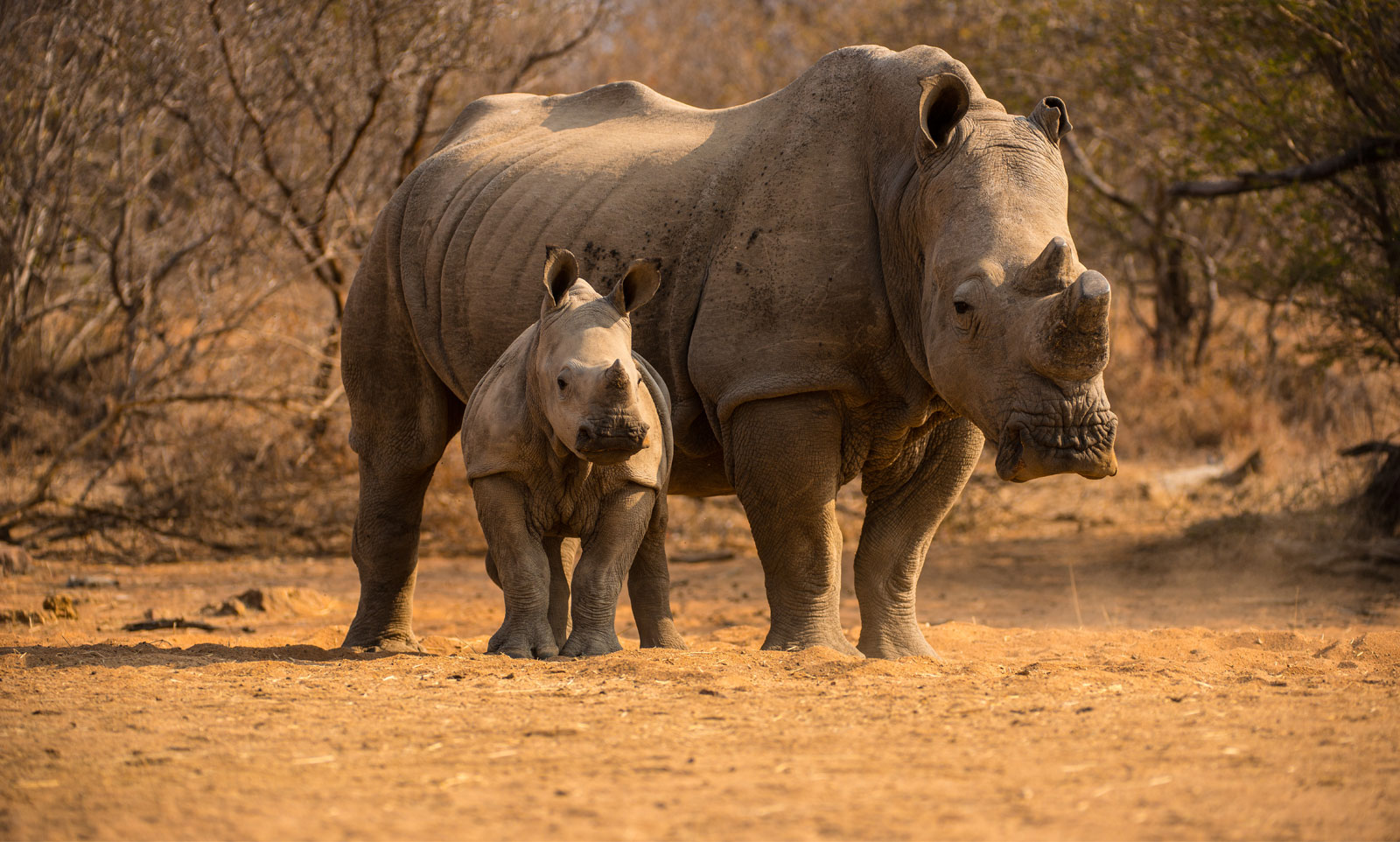


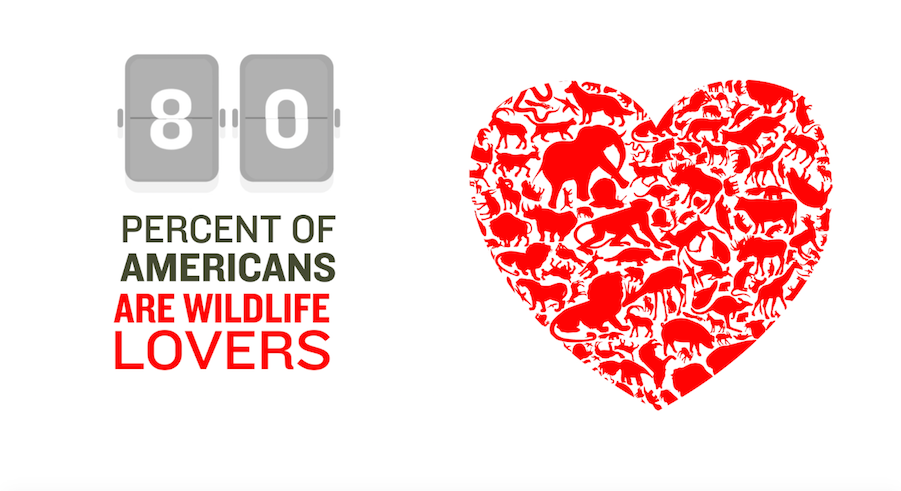

Wildlife trafficking is a $10-$20 billion-a-year industry that is pushing many endangered species to the brink of extinction. Illegal wildlife products may include jewelry, traditional medicine, clothing, furniture, and souvenirs, as well as some exotic pets. An overwhelming majority of Americans say they care about the conservation of wildlife (more than care about climate change), but most are unaware they their purchases may be contributing to the problem.

WildAid and the U.S. Fish & Wildlife Service are partnering together to help stop wildlife trafficking. American consumers have a huge role to play in conserving wildlife around the world, because when the buying stops, the killing can too.
*WildAid: Key Findings from the KRC Benchmark Survey and Social Sandbox, May 23, 2016.
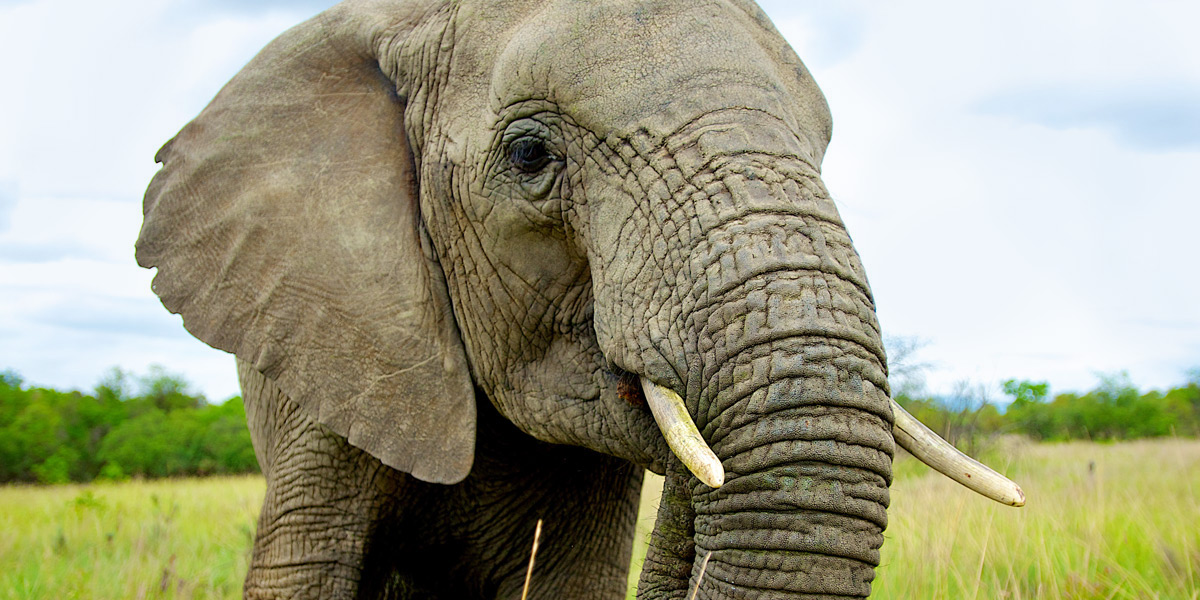
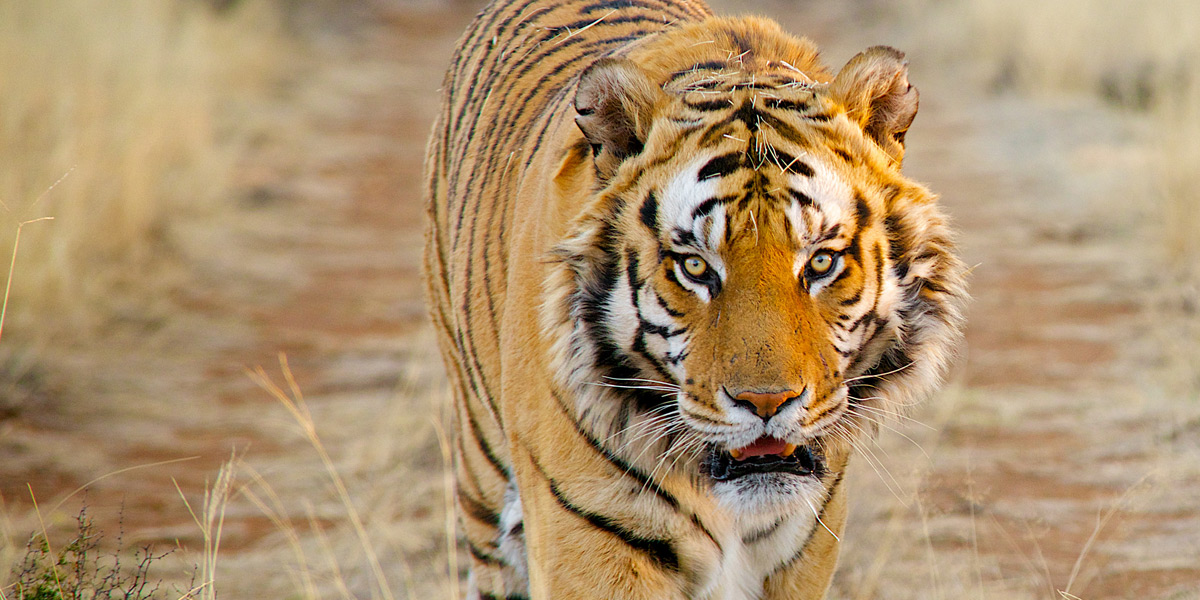
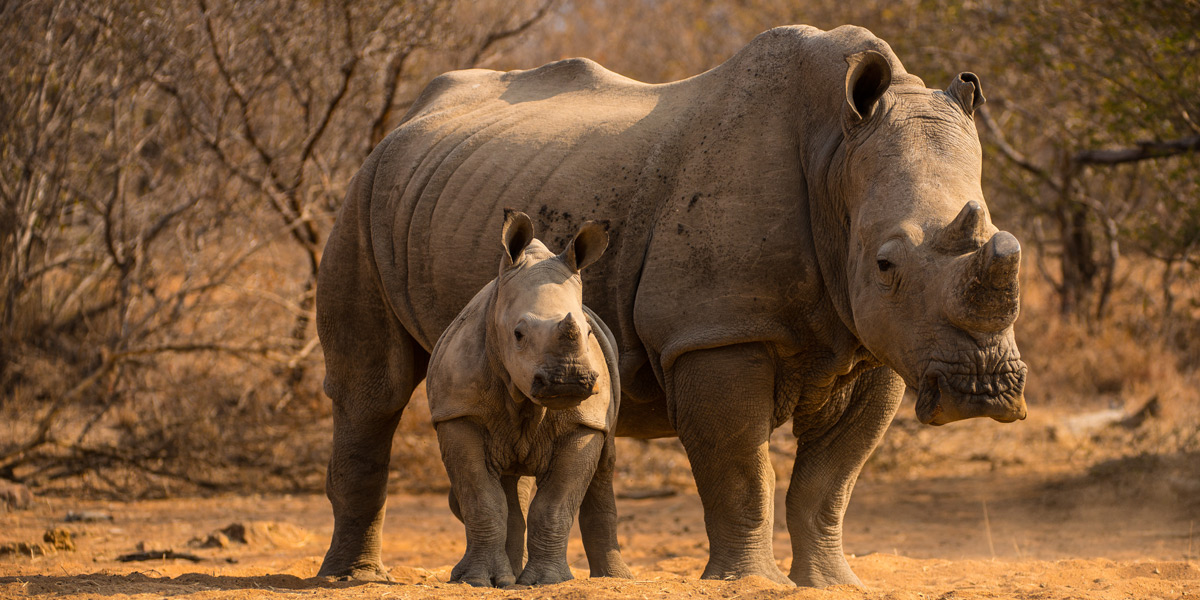
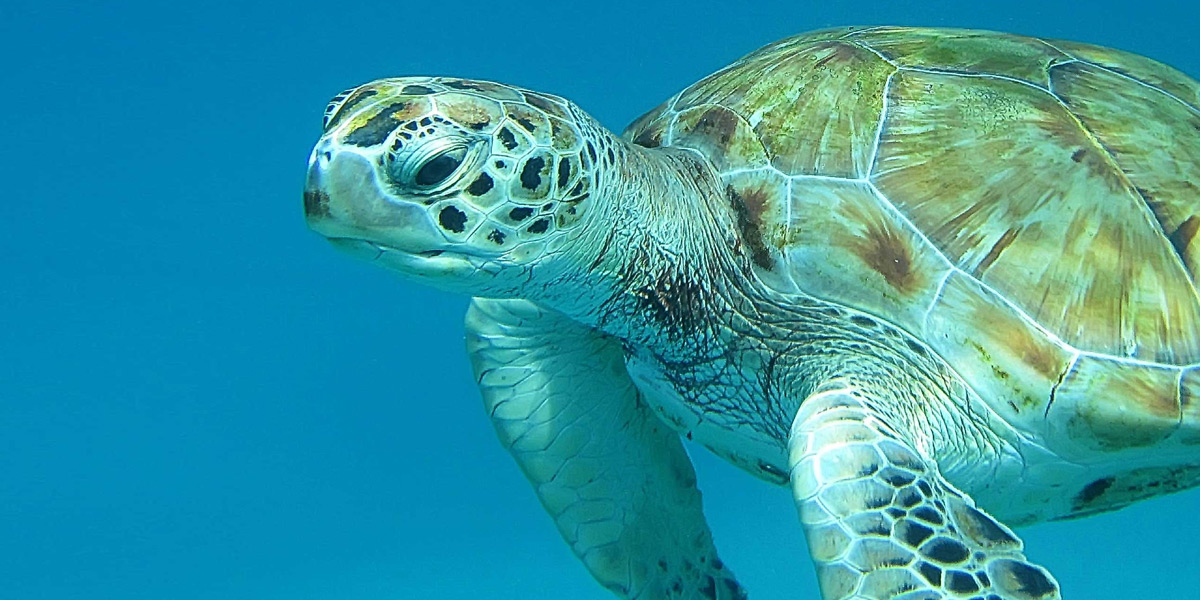
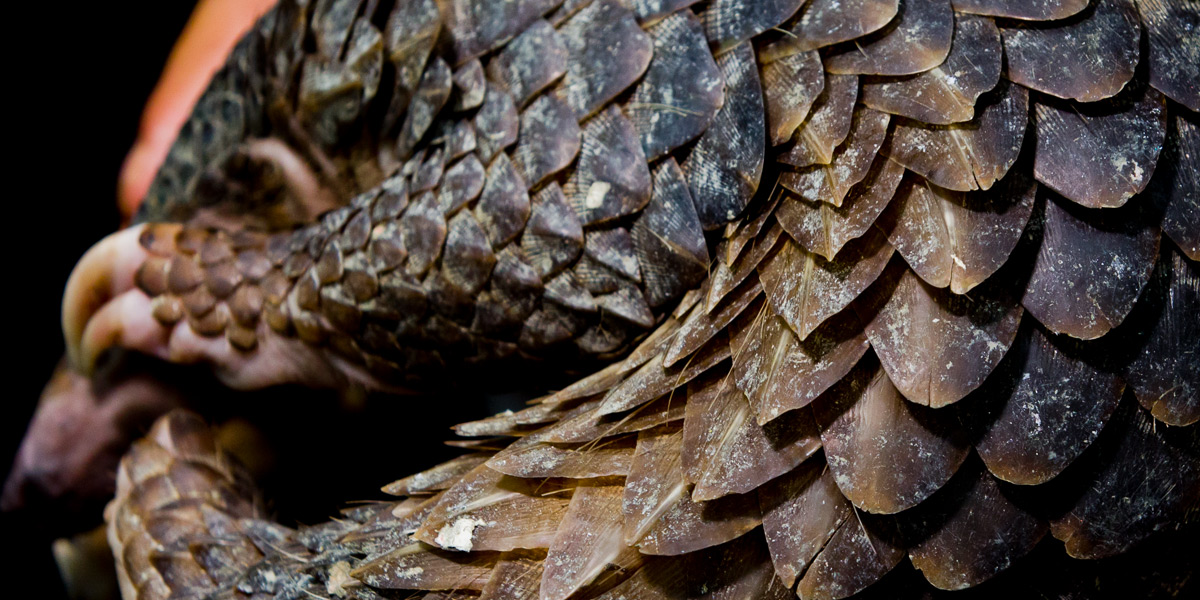
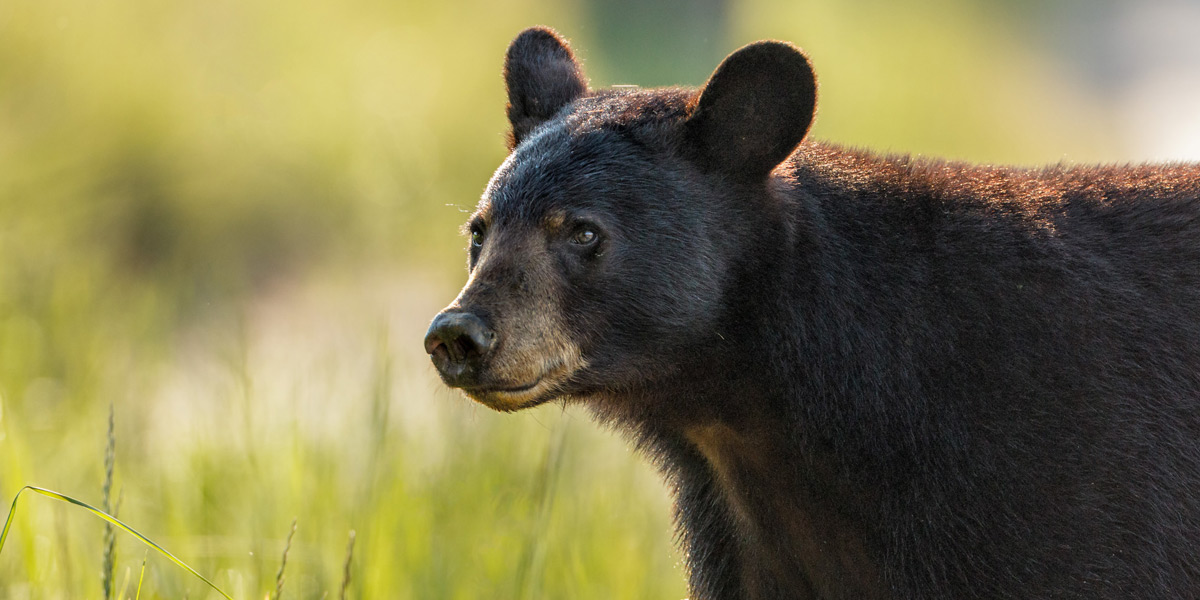
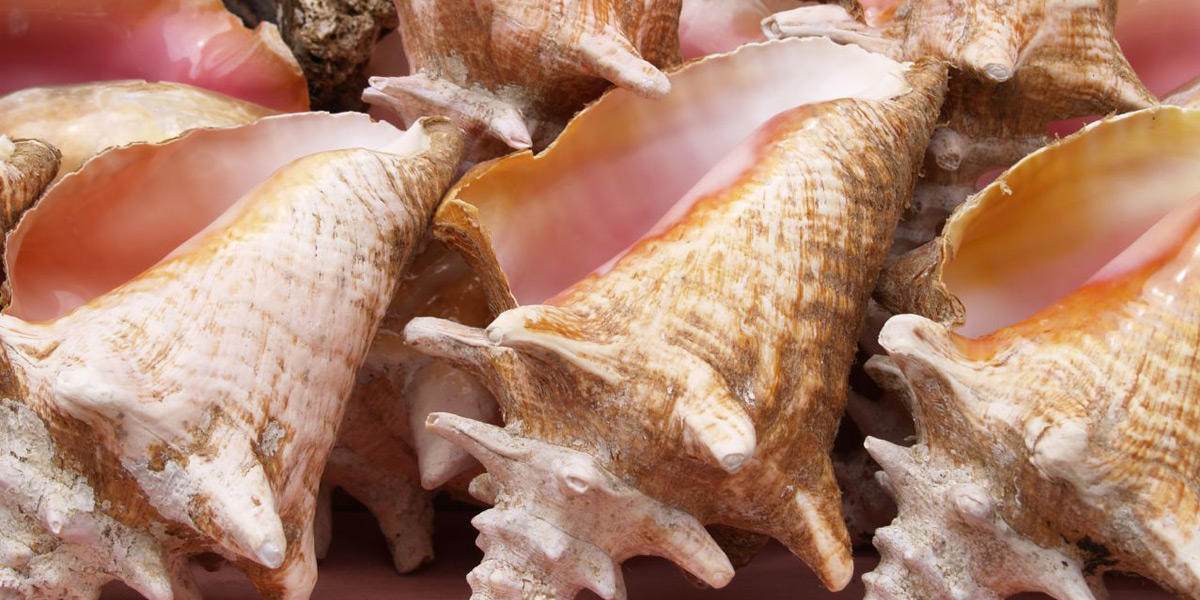
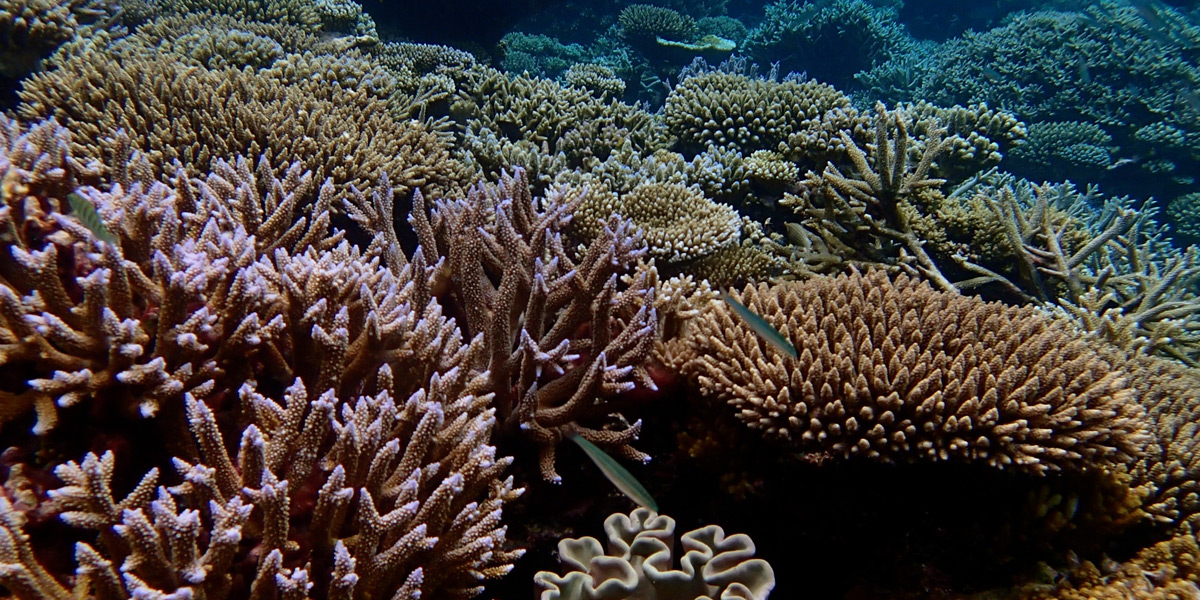
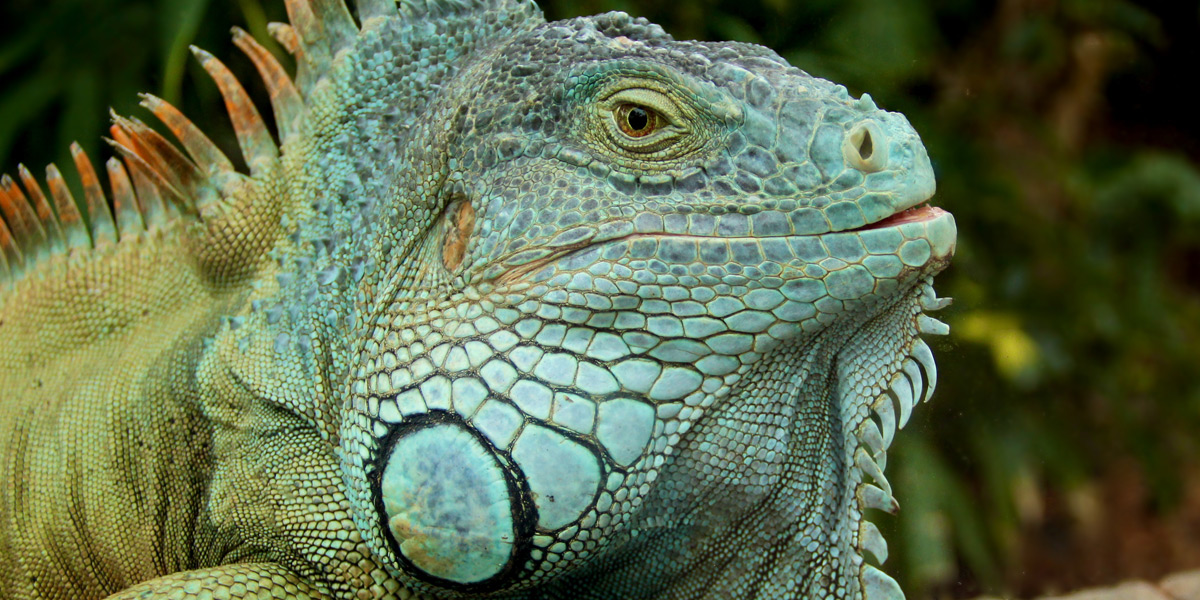
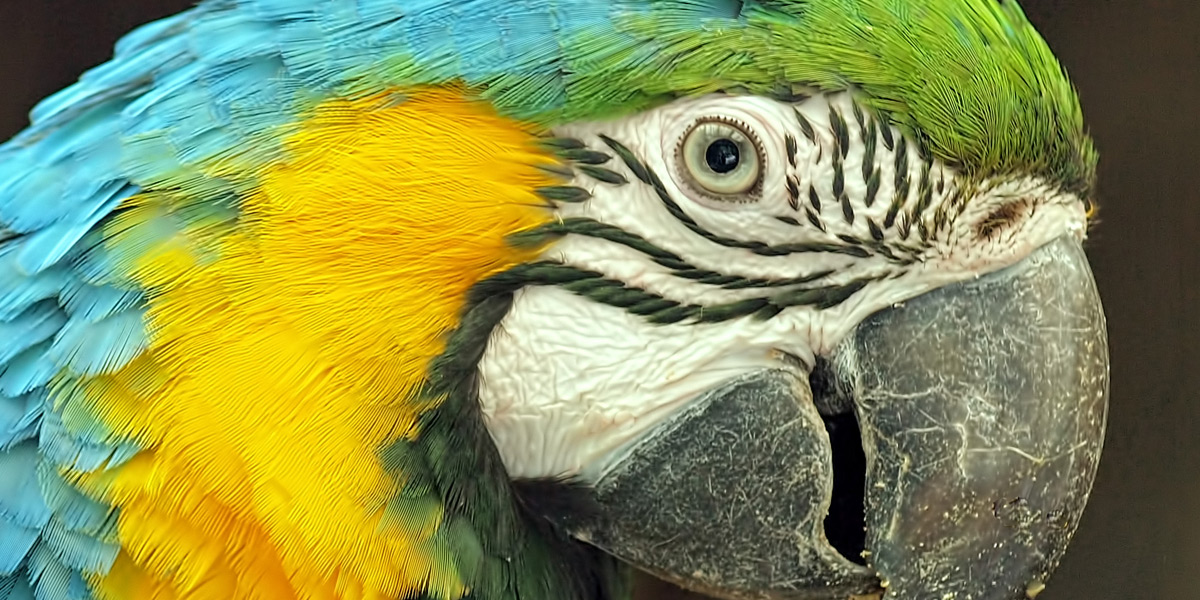
Don't buy endangered wildlife products
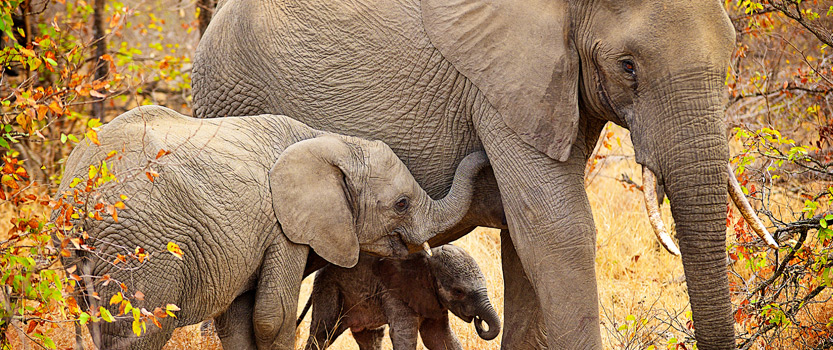
Two species of elephants, Asian and African, roam our planet. Elephants are capable of complex emotions including joy, anger, grief and compassion, and are keystone species that play a critical role in their ecosystems.
Elephants, particularly in Africa, are being decimated by poaching for ivory. An elephant is killed every 15 minutes and approximately 33,000 elephants are killed each year. Much of the poaching is driven by organized criminal networks extending from Africa to Asia. If poaching continues at the current rate, some estimates say elephants will be pushed to the brink of extinction within the next decade.
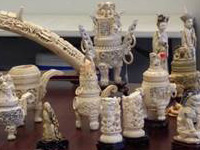
Elephant ivory seized by U.S. Fish and Wildlife Service Miami law enforcement before it was smuggled to Asia.
Do not purchase ivory, even if it appears to be old, as illegal ivory can be disguised to look antique. Report any suspected illegal products to the U.S. Fish & Wildlife Service by calling 1-844-FWS-TIPS (397-8477).
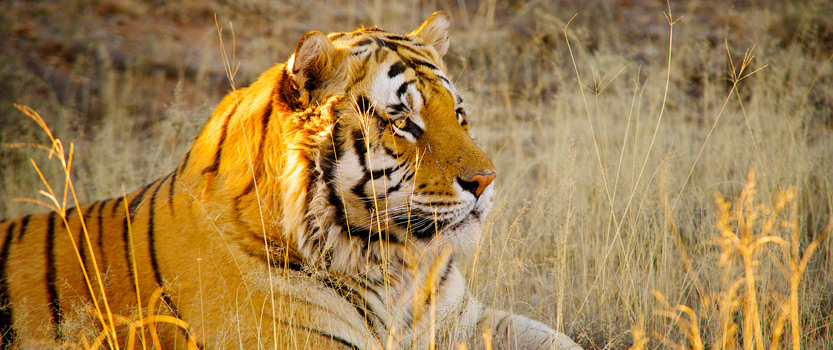
At the turn of the last century there were believed to be around 100,000 wild tigers worldwide. Recent estimates put the current population to as few as 3,200, half of which live in India. Most tigers now live in isolated pockets of forest stretching from India to South Eastern China and from Siberia to Indonesia.
Virtually every part of the tiger -- bones, whiskers, claws and penis -- is used in traditional Asian medicines. Skins are also in demand. The most prized items are tiger bones, sold in raw dried form or made into plasters, wines, potions, powders and pills. China is the principal market for tiger products, although other Asian countries and the United States are also consumers.

The wild tiger population has decreased from 100,000 to 3,800.
Support conservation of wild tigers. Under no circumstances, purchase tiger skins or products derived from any tiger. Report any suspected illegal products to the U.S. Fish & Wildlife Service by calling 1-844-FWS-TIPS (397-8477).
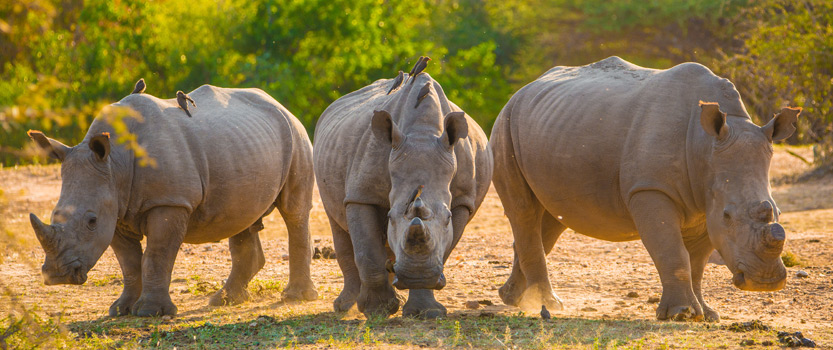
Rhinos once roamed throughout Eurasia and Africa, but all five species of rhinoceros are now threatened with extinction primarily due to habitat loss and the use of rhino horn in traditional Asian medicines.
All rhinoceros species are targeted for their horns. The horn, made of keratin, similar to human hair, is often used as a traditional medicine to treat fevers, hangovers and cancer, mainly in Asia. Hundreds rhino-related products have been confiscated coming into the United States during the last decade.
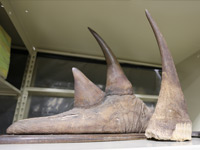
Demand for rhino horn is driving a dramatic increase in rhino poaching.
Support efforts to conserve rhinos in the wild. Do not purchase any items derived from rhinos. Report any suspected illegal products to the U.S. Fish & Wildlife Service by calling 1-844-FWS-TIPS (397-8477).
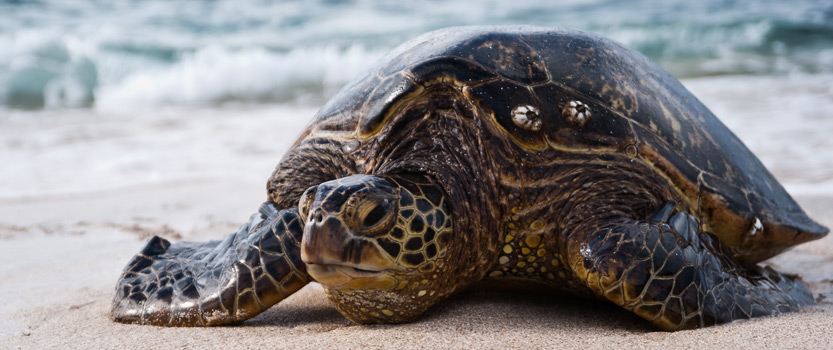
The seven species of sea turtles still swimming the seas have been around since the age of dinosaurs. These ancient creatures are found in warm and temperate waters throughout the world, and most migrate hundreds of miles between nesting and feeding grounds. Six sea turtle species belong to the hard-shell family, and a seventh one, which is larger than these six – called the leatherback – has a soft shell.
Six of the seven sea turtle species are endangered or threatened under the Endangered Species Act, and international trade is prohibited. Their numbers are declining due to poaching of adult turtles and nests, incidental by-catch in fishing gear, habitat loss and degradation of nesting beaches through coastal development, marine pollution, disease, and climate change. Demand for eggs and turtle shells (called “tortoiseshell”) drives poaching.

Six of the seven sea turtle species are endangered or threatened under the Endangered Species Act.
Don’t buy whole shells, or “tortoiseshell” items such as eyeglass frames, bangles, or guitar picks. Don’t buy or consume turtle meat or eggs. Report any suspected illegal products to the U.S. Fish & Wildlife Service by calling 1-844-FWS-TIPS (397-8477).
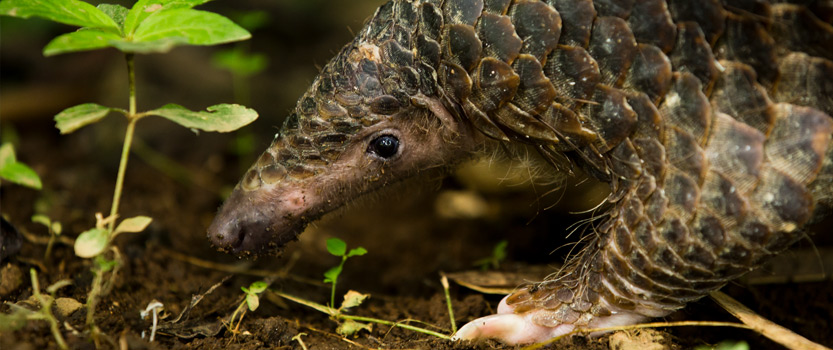
These mostly solitary, nocturnal mammals, known as “scaly anteaters” because of their armor and specialized ant and termite-dominated diets, are the only mammals with keratin scales. They are found mainly in tropical Asia and Africa.
Pangolins are the world’s most trafficked mammals with millions taken from the wild in the last 10 years. Pangolin scales are heavily traded for use in traditional Asian medicines, the skins are used for shoes and other leather goods, and while the meat is considered to be a luxury food in China. All eight species of pangolin, four Asian and four African, are threatened with extinction.
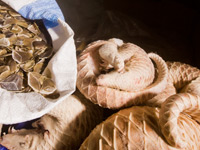
Pangolins are the world’s most trafficked animal.
Don’t buy pangolin scales or leather items. Support sanctuaries that take in confiscated pangolins and help re-introduce them back into the wild. Report any suspected illegal products to the U.S. Fish & Wildlife Service by calling 1-844-FWS-TIPS (397-8477).
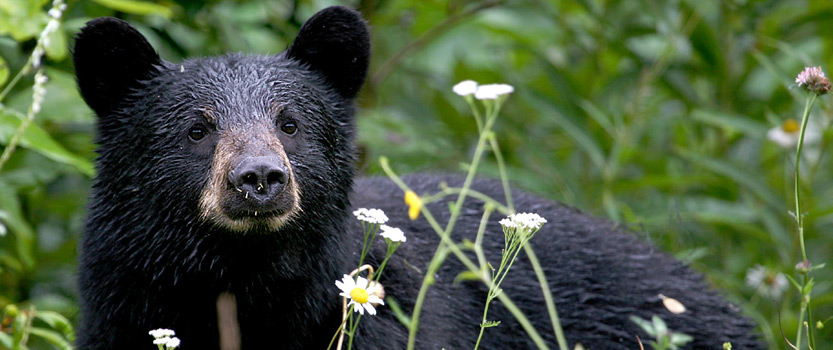
Although tens of thousands of American black bears are hunted legally across North America, there is a black market trade for their gallbladders.
Bear gall bladders and bear paws are in demand for traditional Asian medicine and food in Asia, particularly in China and Korea. With declines of wild bear populations worldwide, especially in Asia, bear specialists are concerned this activity may lead to increased targeting of the American black bear.
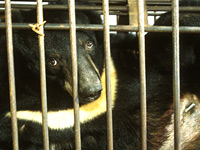
Tens of thousands of bears are hunted or farmed for their bile.
Report any suspected illegal products to the U.S. Fish & Wildlife Service by calling 1-844-FWS-TIPS (397-8477).
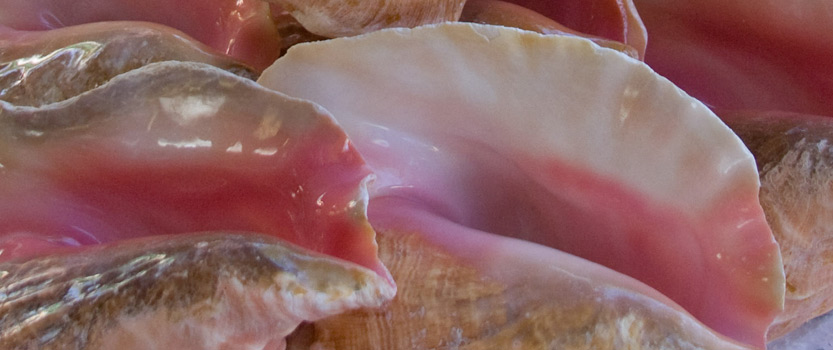
The queen conch is a giant marine mollusk that grazes on seaweed and is located throughout the Caribbean. The decorative shells are popular souvenirs, and conches are also used for their meat.
Although the species has been utilized for centuries, it is only in the last few decades that a major commercial fishery has developed in response to growing international demand for its meat. There have been numerous instances of illegal and unsustainable trade involving several countries in the Caribbean in the past decade.
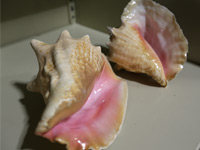
Queen conch are threatened by illegal and unsustainable trade to supply the demand for meat and shells.
Do not purchase or take Queen Conch shells or their pearls as souvenirs, nor eat Queen Conch meat unless you know that it is legal to do so. Report any suspected illegal products to the U.S. Fish & Wildlife Service by calling 1-844-FWS-TIPS (397-8477).
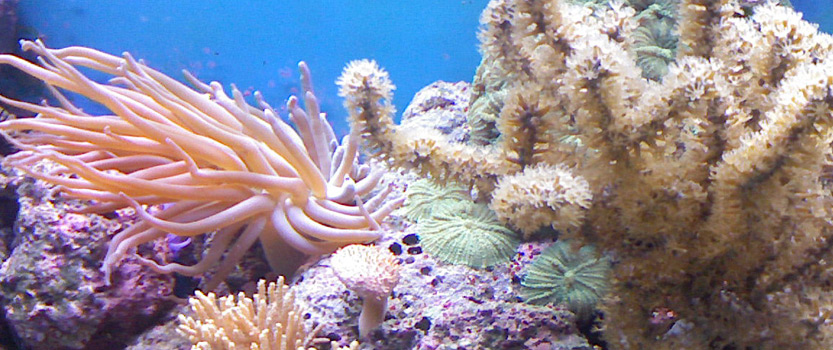
Corals are colorful invertebrate animals that have been on Earth for 500 million years. In many regions of the world, corals are disappearing. It is estimated that more than a quarter of the world’s coral reefs have already been destroyed and that roughly 75 percent are under threat from human activity.
Climate change, dynamite fishing and destructive harvest practices are the primary threats to corals. Corals are extracted to supply the aquarium, curio and jewelry trades. The United States is the world’s largest consumer of live corals for the aquarium trade and of coral skeletons and precious corals for curios and jewelry. The United States imports nearly 70 percent of all the live coral in world trade.
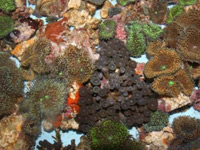
Roughly 75% of the world’s coral reefs are under threat from human activity.
Do not buy, collect, or give corals or coral products as presents unless you know that they are legal. Make responsible and informed purchases of all the living organisms in your aquarium. Report any suspected illegal products to the U.S. Fish & Wildlife Service by calling 1-844-FWS-TIPS (397-8477)
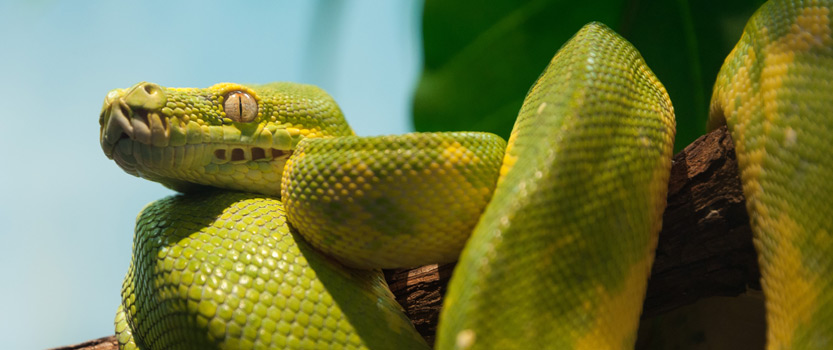
The live reptile trade is booming in the United States. In 2009, 4.7 million households owned some 13.6 million pet reptiles in the United States, and the nation exports millions of reptiles to the rest of the world. Hundreds of species are imported from dozens of countries. Enthusiasts stream to trade shows where reptiles are bought and sold. Websites offering reptiles for sale have proliferated.
Although there is a significant legal trade in live reptiles for pets, there is also a significant amount of smuggling too.

142 species of live reptiles have been trafficked into the U.S. since 2005.
Before you make a purchase, make sure that the live reptile you are considering is legal. Consult experts and conduct research to ensure that your choice is legal, sustainable, and not a threat to your health or local environments. Report any suspected illegally traded animals to the U.S. Fish & Wildlife Service by calling 1-844-FWS-TIPS (397-8477)
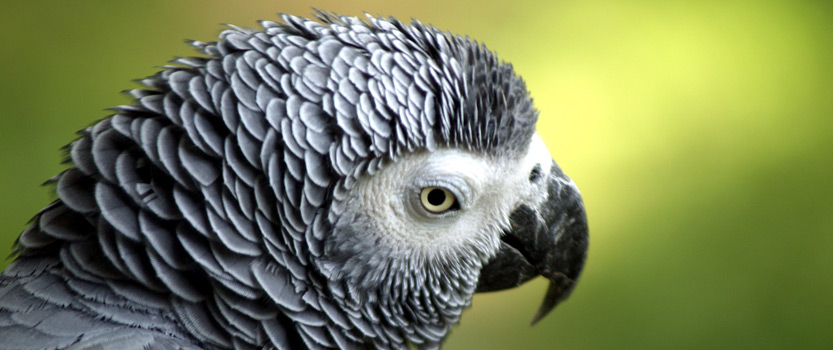
Millions of live birds are traded illegally for the pet trade, collecting, bird fighting and singing contests. Wild-caught birds experience a high death rate during capture and transport, resulting in many more birds being captured than appear on official trade records. Although a variety of parts are traded, including claws, trophies, specimens, and bodies, live birds and bird feathers dominate the trade.
Although most protected bird species are prohibited from import into the United States, illegal trade continues, particularly across the Mexico border. The yellow-headed Amazon parrot, which ranges from Mexico to Belize, is said to have suffered one of the most dramatic population declines of any bird of the Americas. More than 90 percent of the wild population has been lost since the 1970s.

An estimated 25,000 birds are illegally imported into the U.S. each year.
Before you make a purchase, make sure the live bird you are considering is legal. Captive-bred birds typically are easier to maintain and survive longer. Report any suspected illegally traded animals to the U.S. Fish & Wildlife Service by calling 1-844-FWS-TIPS (397-8477).








